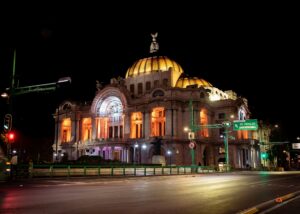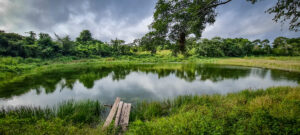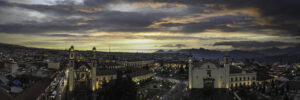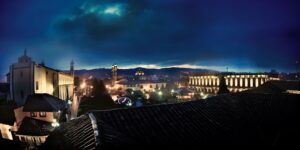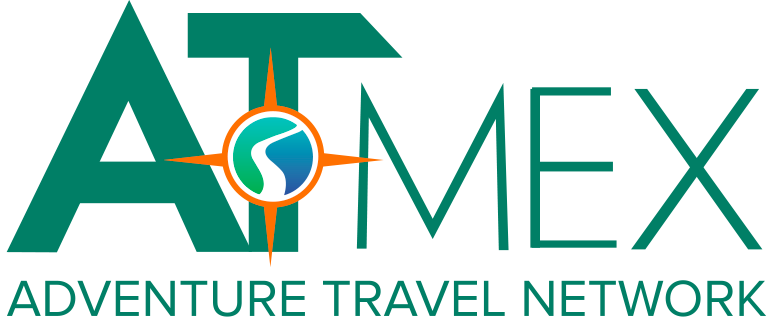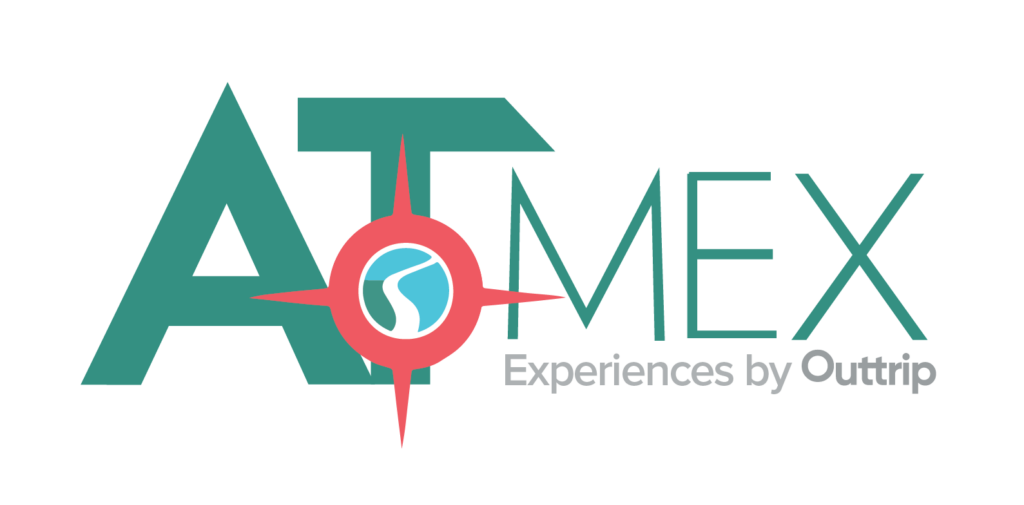Making a balance in mid-September 2020, it is clear that the economic impact of COVID-19 will cause many small and medium-sized providers and operators to close their doors or change their business models until traveler confidence and security is high enough to return to a healthy cash flow and to become profitable once again.
I have read and I see with concern that most of the conversations given in the specialized and mass media are about airlines, hotels, and restaurants, which are, of course, of great importance for travelers. But we have already mentioned that except in exceptional cases where the hotel or restaurant is the one that attracts travelers, they travel to visit and carry out activities at the destination. So the travel industry must begin to look beyond the hotel’s glass door and understand that if the tourist is forced to return to the old normal, to the bus with 40 people for a tour of 10 am or to a crowded breakfast room, we are on the wrong track.
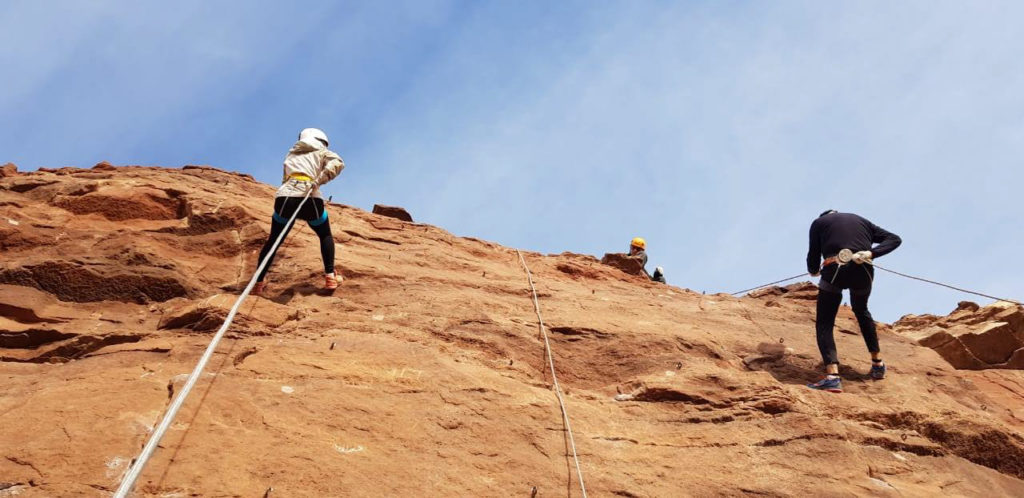
In these lines I am going to deal with the specific case of the adventure and nature travel industry (without the intention of arguing with my colleagues that we are the second or third productive sector or whether or not I should use the term industry).
The services we provide in adventure and nature tourism have characteristics like the proximity in the approach, the transit in regions and destinations in development conditions or geographically remote, access to health systems or limited health care resources, and Too often, a business sector marked by unclear rules, lack or total absence of supervision and low, very low legal security. However, I have not obtained records of people infected with COVID-19 because they are trekking in Patagonia, cycling in the Puna or the Selva Misionera, or horseback riding the mountain where General San Martin once crossed in its libertarian campaign of South América the Paso de Los Patos in San Juan towards Chile; But I did find a lot of concrete data on infections from standing in line at a shop or restaurant, at a bank or at a transportation hub. I clarify something here, it is not my objective to generate rispideces, quite the opposite.
Something we have in common with all the components of the tourism ecosystem is that the effect of COVID-19 in our sector was devastating and from this mess we all worked together, or we did not get out.
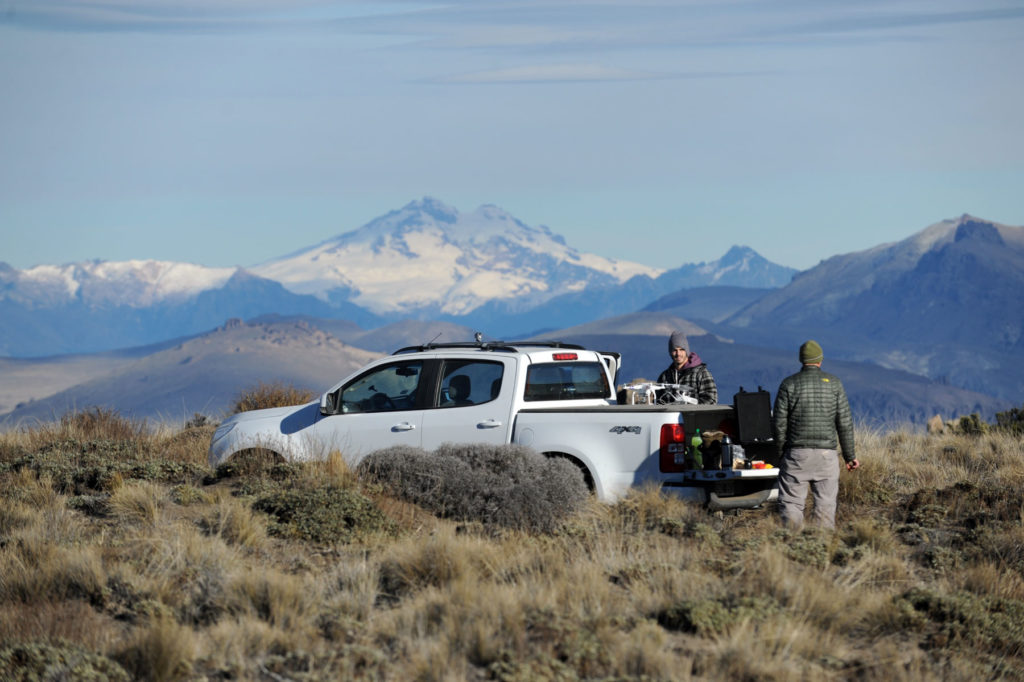
Our productive ecosystem is nourished by travelers who arrive at different destinations. In many cases, we will find “bargain offers” that will discover how to round the wheel by riding the wave of nature tourism without any prior preparation. The undifferentiated offer to put a tent in the back of the house and say that glamping is sold, or take a bus with a tourist from a collaborative platform and call “trail companion” to evade the regulations already begins a verse. I see it today in my town, it’s not a joke. 98% of the offer of collaborative platforms in Bariloche, Patagonia Argentina, is informal.
Undoubtedly, I believe that adventure and nature tourism trips, in general, will be very well positioned for small groups and families, avoiding crowds and closed spaces. Nature tourism encourages trips that take people deep into the regions and keeps them active, healthy and prone to supporting the development of regional economies. In Argentina, domestic travel will benefit tourism corridors, but also emerging destinations.
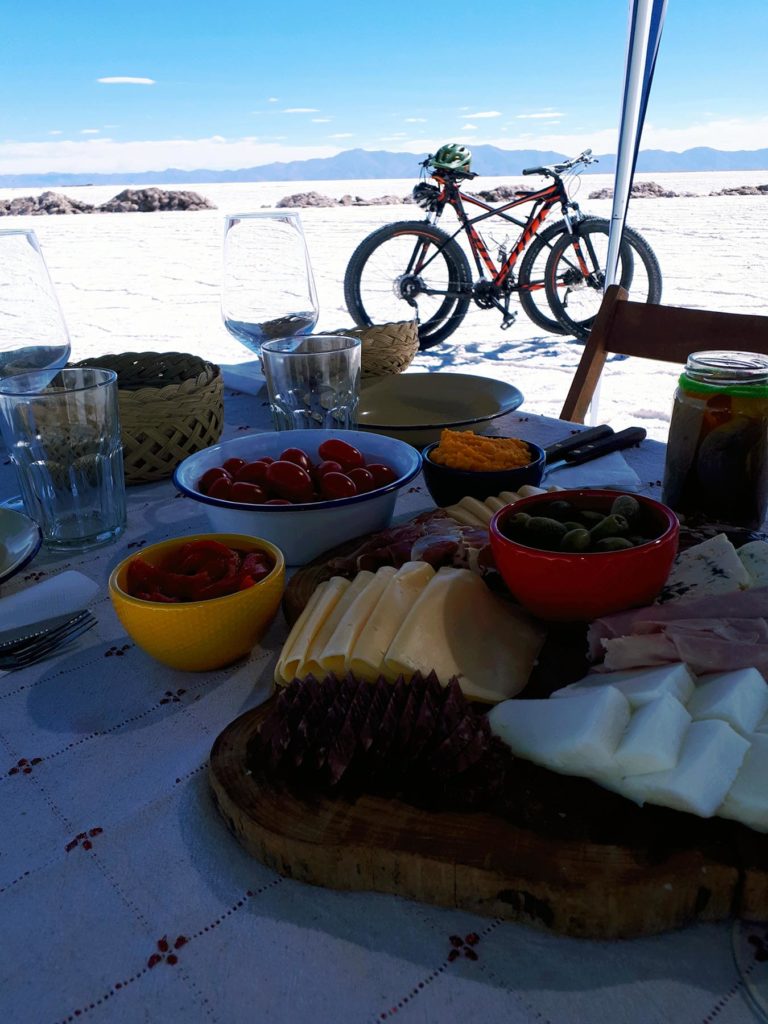
As for the new wave of Luxury Adventure Travel (LAT), operators and destinations will probably spend a lot of effort and resources to promote safety in their offerings. exclusiveness will always be attractive, but it must be accompanied by infrastructure and appropriate services, not only with marketing and beautiful photos.
Both in my work as a receptive tour operator and in my position as President of the Asociación Argentina de Ecoturismo y Turismo Aventura | AAETAV, I promote and assist companies, suppliers and other interest groups in the implementation of strict safety and hygiene standards. We must recognize our shortcomings, not hide the asymmetries between regions and in the health infrastructure. Most of the travelers from large emitting countries with a high degree of development (USA, UK, Germany, France, Belgium, etc.), have high standards of services and health support; And while adventure seeking in the ends of the earth does pose a degree of risk that gives “another flavor to the recipe”, at the end of the day, or when things are not going well, they will want to ensure that their physical integrity and your health will be in good hands.
The reality of the COVID-19 pandemic has shown how important it is to travel with expert operators who understand about organization and safety; at this point it became clear that cheap can be expensive. I will always recommend doing pre-hire research. Great photographers and great videographers achieve incredible promotional material, not always supported by the local receptive operation that relies its services on unqualified or unprepared people. This topic is good for a long talk, which we must not avoid and as an industry, we must make visible. It is useless to hide the symptoms hoping that it does not get worse, COVID-19 has already taught us what happens with this long-term strategy.
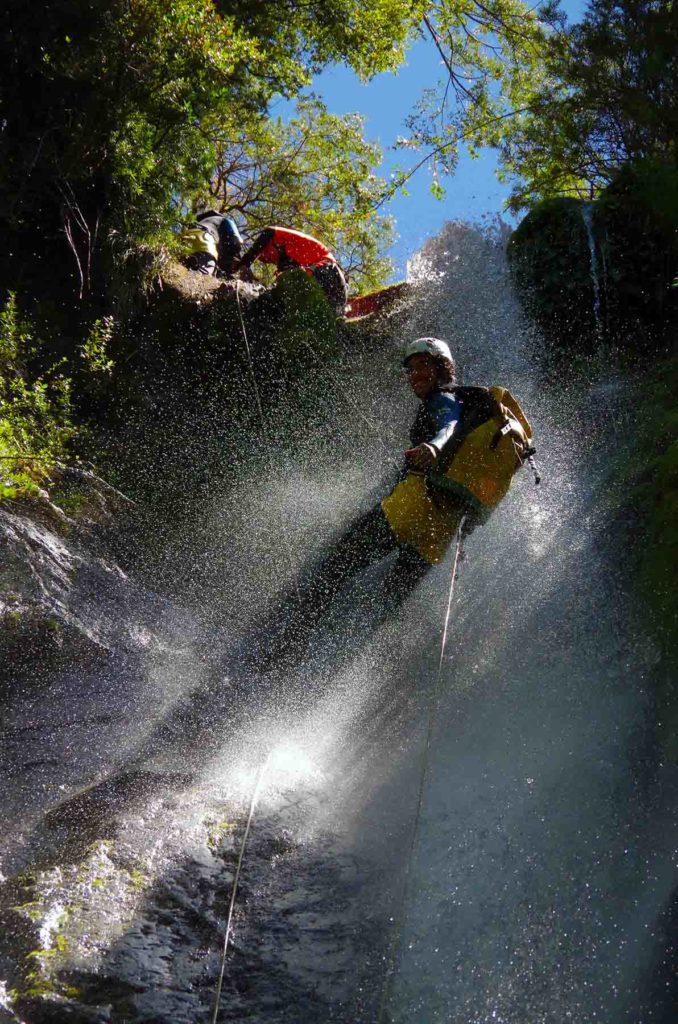
Other important points will be the standards of the companies, supported by the minimum budget promoted by the state. All travelers should be smarter about how they travel. Travel in small groups, family groups, and possibly groups that know each other versus those made up of strangers, will be the first to re-activate. The organization, the disinfection of transport and equipment, the assurance of risk management plans and medical facilities along the route, added to the clarity around hygiene and, possibly, the presentation of the health passport, will be part of the “new normal”.
Regarding destinations: in Argentina I see many differences in criteria, therefore, we must unify basic guidelines, good practices, common and efficient protocols from the private sector. Obviously, always respecting government guidelines, but with the aim of raising the standard. The Asociación Argentina de Ecoturismo y Turismo Aventura | AAETAV has already taken action on the matter and we have prepared Good Practice Guides for Operators, Providers and Adventure and Nature Tourism Guides; as well as we have collaborated with the Ministry of Tourism and Sports of the Nation and with the Argentine Chamber of Tourism in the realization of standardized protocols. It is in this instance, where the state must go down to the territory through the ground operators, who really know the travelers and ask them how they should articulate the correct message so as not to launch a badly focused campaign. Resources are extremely scarce so target the right travelers instead of throwing advertising and marketing into the universe. Paradoxically, social distancing cries out for rapprochement between the parties, it is here that the AAETAV is constituted as the greatest ally of the public sector due to its federal territorial scope and its link with the markets.
In my country, the national state has developed a series of actions to try to support the productive tourism sector in general. At the moment, and with 182 days of zero cash, many of the small companies, directly, are not going to survive. It is not pleasant to say, but it is the reality. Taking a credit, at zero rate, does not apply to a small lender that will not have a cash flow to repay the loan. Putting in the same bag to deliver a subsidy to a formal provider or operator as to an informal one, which has not paid taxes to the state, is simply unfair.
It is the moment to shuffle and turn around, preparing an efficient state in the audit, with tools and good salaries so that they do a correct, effective and efficient job, is the way to go.
I imagine many reading these lines with smiles on their faces. .For me, dear friends, it is not funny and it is not a dream. I work every day (as a private person and as a business leader) to position my country and Patagonia as a world-class destination for adventure and nature tourism, and I believe that only coordinated work will move us forward, the rest are just tales.
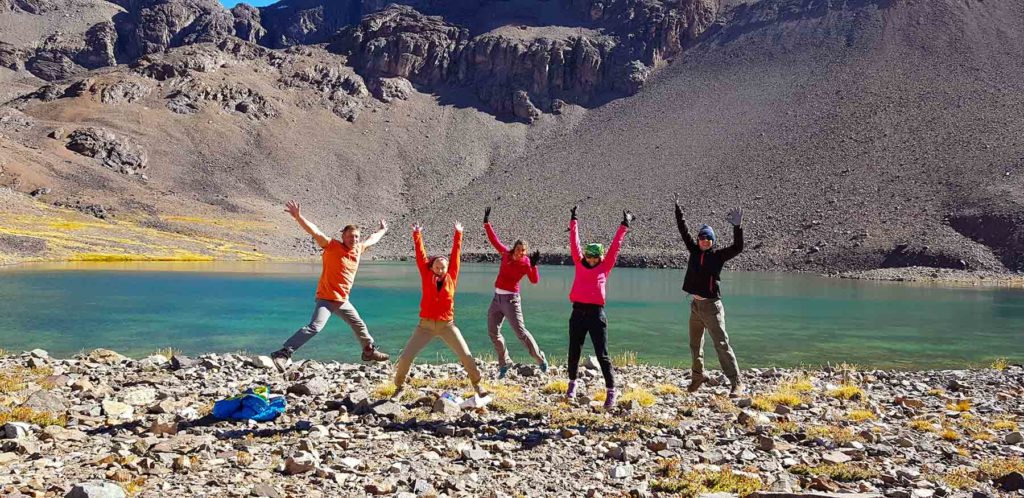
#hechosnopalabras #somosaventura #economíasregionales #covid19 #postpandemia #inspiringadventures #lovewilderness #patagonia #findyourwilderness #AdventureArgentina
